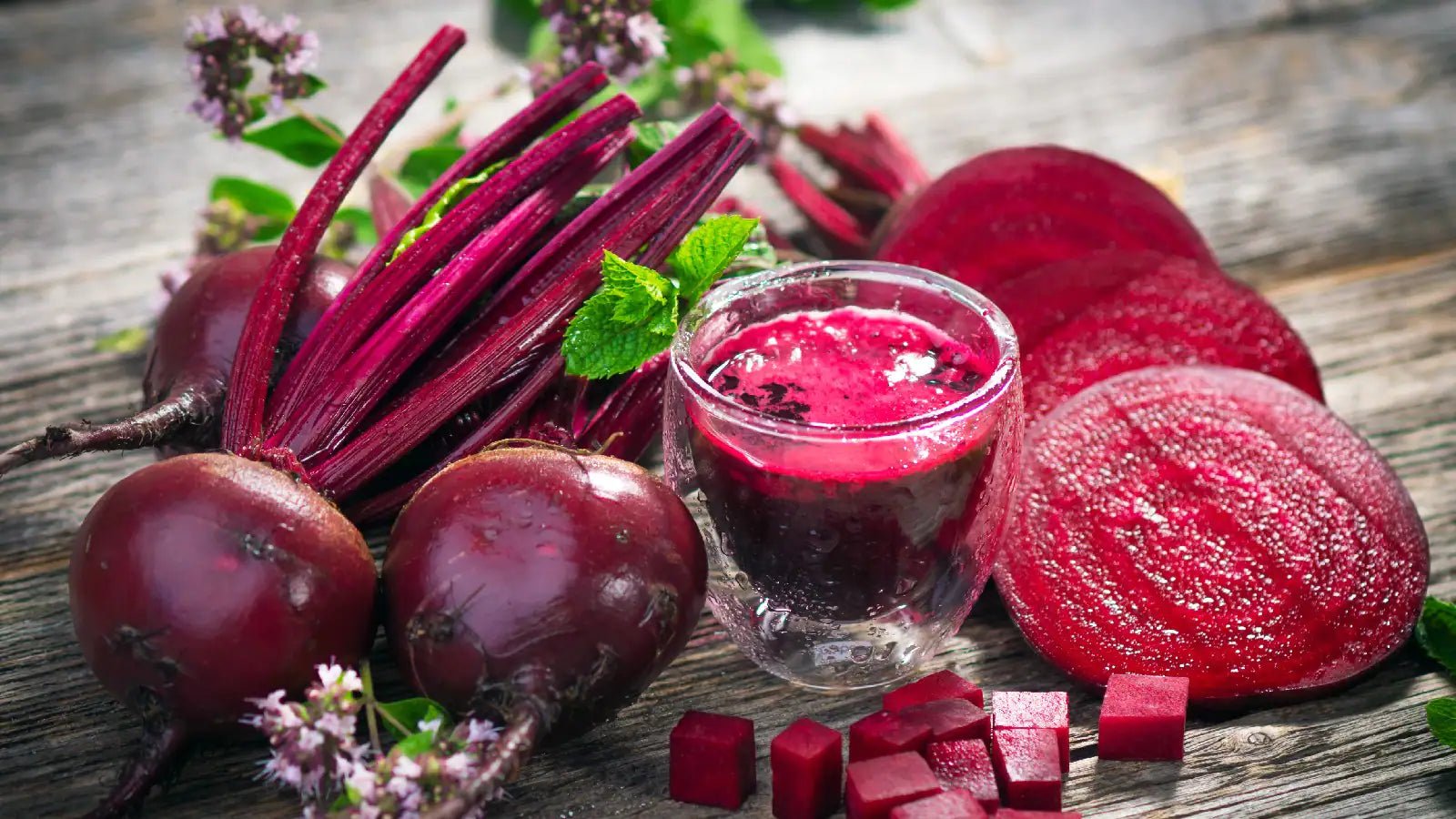Apparently this stuff works - Mike M.
You can feel the difference - Kevin K.
My BP was 157/101... now it is 129/87 - Latasha G.
Seems to work... lowered my numbers by 7% - Scott L.
It is a life saver - Golda C.
I feel better, I have more energy - Alex Y.
My BP went down 10 points in 2 weeks - Lucy W.
I have only been drinking it for 2 weeks and my BP numbers have gone down - Elizabeth S.
Apparently this stuff works - Mike M.
You can feel the difference - Kevin K.
My BP was 157/101... now it is 129/87 - Latasha G.
Seems to work... lowered my numbers by 7% - Scott L.
It is a life saver - Golda C.
I feel better, I have more energy - Alex Y.
My BP went down 10 points in 2 weeks - Lucy W.
I have only been drinking it for 2 weeks and my BP numbers have gone down - Elizabeth S.
Add description, images, menus and links to your mega menu
A column with no settings can be used as a spacer
Link to your collections, sales and even external links
Add up to five columns
Add description, images, menus and links to your mega menu
A column with no settings can be used as a spacer
Link to your collections, sales and even external links
Add up to five columns
The Mighty Beet:: The Natural Superfood with Diuretic Properties
August 08, 2024 2 min read

We here at 120/Life have been singing the praises of BEETS since our inception. There are many reasons they are deserving of praise. They act as anti-inflammatories that help prevent scarring and the subsequent stiffening of our blood vessels, and as vasodilators that help to dilate our blood vessels thereby allowing more oxygen to flow and be delivered to our tissues and organs. One of their other amazing properties (that we don’t often emphasize) is their ability to act as a diuretic!
What’s so important about their ability to act as a diuretic? Doctors often prescribe diuretics for patients with high blood pressure. The reason for this is that diuretics help remove sodium, and subsequently water, from the body. By reducing the fluid in your body, there is less fluid that needs to go through your blood vessels and therefore less pressure is put on your pumping heart.
Here’s a reminder about the analogy addressing high blood pressure, which also illustrates why a diuretic can be helpful. Think of the pump that pushes water through a garden hose. Now, replace the garden hose with a drinking straw. That’s high blood pressure. The same amount of blood that would normally go through the hose is trying to force its way through the straw. You want to decrease the amount of fluid in the hose in addition to relaxing the hose walls (blood vessel walls) in order to avoid putting so much strain on the pump — your heart. If there is too much fluid as well as constricted blood vessels, the heart has to work much harder. It also endangers critical parts of your brain, kidneys, lungs, and eyes, all of which can’t handle higher pressure over a period of time without sustaining damage.
On a personal note, in speaking to clients about beets, I’m reminded of my relationship with beets as a child. My father used to love Borscht. My mother loved pickled beets. They always wanted me to eat and enjoy those foods with them. I HATED BEETS. So much so that I couldn’t ever eat baby corn when we got Chinese food because it tasted like beets to me! It wasn’t until about 15 years ago that I tried beets again. I really like them (still not into the baby corn though) It always makes me feel like I’m taking care of my health when I enjoy them now. So many restaurants have added them to their menu, too. If beets are something that you haven’t or don’t like, it’s worth giving it another shot because they are SO GOOD FOR YOU.
BEETS. Part of nature’s pharmacy. A natural diuretic. A natural vasodilator. A natural anti-inflammatory/anti-sclerotic. So many of the foods in nature’s pharmacy provide the benefits of medications and they so often do this without many of the negative side effects of those medications.
If you would like to learn more about beets and their impact on blood pressure, check out our FREE e-book. And don’t forget about 120/Life’s two-week trial, available for purchase here.
Here’s to your health!
P.S. Never stop a medication without speaking with your doctor.
Leave a comment
Comments will be approved before showing up.
Subscribe
Sign up to get the latest on sales, new releases and more …

